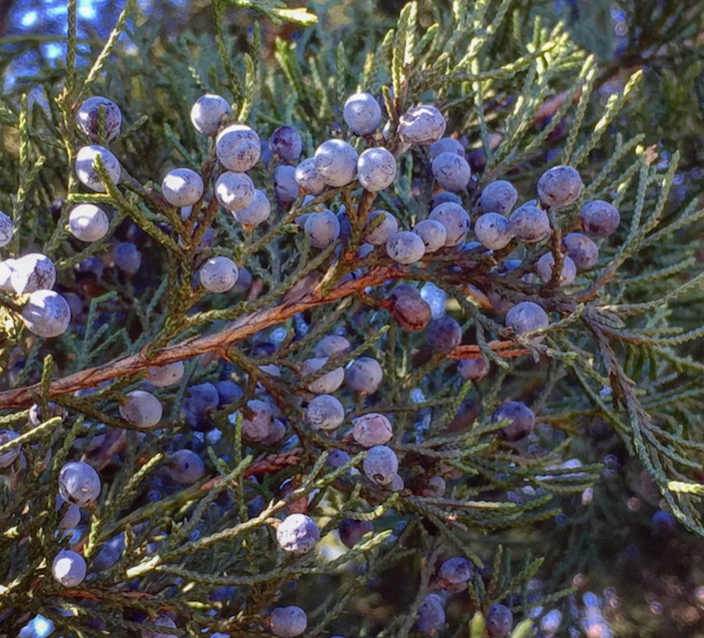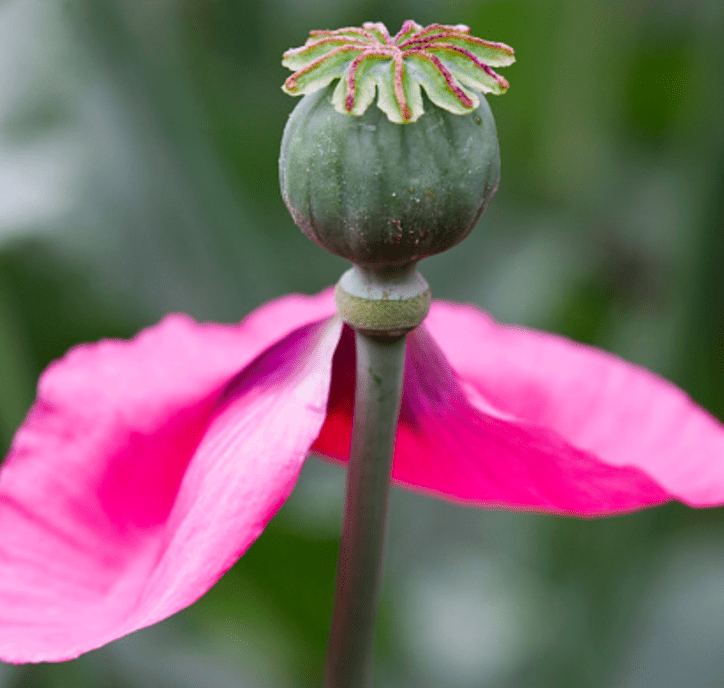
19 Jan Naturopathic Doctor on Urinary Incontinence
Nearly 30% of women over the age of 40 are affected by urinary incontinence. So it’s a very common condition and it can have an enormous physical, psychological and sexual impact. Essentially, it can have an impact on every aspect of a woman’s quality of life. Seeking early treatment is the best recommendation as it’s much easier to manage early on while symptoms are minor. So ladies, please don’t be embarrassed to discuss this with your health care provider as no leakage is normal.
Women are individuals and our symptoms and solutions should also be individualized. Lifestyle interventions are the first line of approach since it can help nearly 40% of women. Here, I discuss the symptoms, causes and range of treatments available.
Stress incontinence or overactive bladder (OAB)? How do symptoms differ to indicate what type of incontinence you have?
Women with stress incontinence don’t go frequently to the restroom, they can hold onto their bladder if they need to. But when they have an exertion – cough, sneeze, jump, running – they leak, and usually quite a small amount. People with overactive bladder go frequently, and nearly all the time…ten, twelve, thirteen times a day. If they need to go, they can’t wait. If they have a delay getting to the restroom, they often have an accident and leak, and often quite large amounts: they can empty their bladder completely and they get up many times in the night. It can be a very distressing condition.
What’s the cause of the one and then the other?
Stress incontinence is almost certainly the result of giving birth to children. There are other causes, but the majority cause is childbirth. With overactive bladder, we don’t really know the cause despite the enormous amount of women affected. There are a lot of theories, it could be infectious, but that hasn’t been proven yet.
What about coffee and being overweight?
Caffeine is not a good thing if you have an overactive bladder because it definitely stimulates the bladder to be more overactive. Alcohol, diuretic teas, carbonated beverages and even food sensitivities may also make symptoms worse. Being overweight is a big issue as well, and there’s a whole variety of scientific reasons why that is. If a person who is overweight looses 10% of their weight, they can expect to get a 50% improvement in their symptoms. Acupuncture may be impactful and some good studies have reported benefits with herbal medicines as well.
What about prolapse?
A lot of women with prolapse have incontinence. But there are a lot of women with incontinence that have no prolapse, and a lot of people with prolapse that have no incontinence. They do go together however, because prolapse is also caused primarily by childbirth.
What kind of psychological impact can this have on women?
We estimated about 30% of women over the age of 40 have problems with overactive bladder, but only about 20% seek help. We also have studies that if women seek help and they don’t get an appropriate response, they usually don’t return and are left feeling isolated.
The symptoms of urgency, when a woman needs to go to the restroom and can’t wait to get there, the descriptive term of how women describe urgency, is fear. This is because women fear leaking in public, so this really has a huge impact on every aspect of a woman’s life. Possibly a bigger impact on quality of life than diabetes and asthma combined.
What can women do to prevent it or cure it?
I encourage women to seek professional help as soon as possible, and if they don’t get appropriate response from their health professional to demand to see someone who is a real expert in their field. Because we know that giving women a leaflet with exercises is pretty fruitless, they need to be chatting with a professional and be assessed appropriately so they get the right treatment.
What sort of treatments are prescribed for stress incontinence?
The obvious first one is conservative treatment which is lifestyle and dietary interventions such as loss of weight (if it’s appropriate), pelvic floor exercises (with an appropriate professional), avoiding caffeine, diuretics and food sensitivities. By removing irritants from the diet, this may reduce inflammation in the bladder. About 40% should get a marked improvement just with these measures alone. A small study in reported in the British Journal of Urology also offered acupuncture as a helpful treatment. The herbal suggestions for OAB may also help with stress incontinence (see below).
A probiotic supplement to ensure that the urinary system has sufficient healthy bacteria to encourage proper functioning of the bladder is also recommended.
If these measures doesn’t work then women need to be assessed in a tertiary setting, which may include surgery. The operation is called a retro-pubic sling procedure. It’s deemed to be a very effective operation that has been in place since 1995 with a 90% satisfaction rate that lasts over time. As with all surgeries however, there is always complications to consider, that said, this procedure is reported to have a low complication rate.
What about treatments for an overactive bladder (OAB)?
Overactive bladder is probably the more distressful condition. This is also treated principally with lifestyle alterations – avoiding caffeine, diuretics and food sensitivities, losing weight if appropriate, and doing pelvic floor exercises.
Herbal medicines are increasingly popular and are also being used in conventional medical settings. More randomized, clinical trials are needed to support their efficacy, but here is a list of herbs that have shown some promise with treating OAB: gosha-jinki-gan, hachi-mi-jio-gan, buchu, cleavers, cornsilk, horsetail, ganoderma lucidum, resiniferatoxin, capsaicin. As with stress incontinence, a probiotic is also suggested.
It’s best to see a naturopathic physician or a physician who specializes in complementary medicine to help you choose supplements wisely. I also encourage you to share with your urologist or primary care doctor any supplement you’re thinking about taking.
If lifestyle, diet, and herbal interventions aren’t sufficient, there is a range of medications which may improve the situation, quite markedly, but they have side-effects and there are some people that don’t respond at all to medications either.
Urinary incontinence symptoms are something that you have the power to improve, and hopefully eliminate, so please don’t put off addressing your symptoms as early treatment will offer your best success!
If you or someone you know suffers with urinary incontinence, feel free to drop me a line on the “contact us” page on this site. I treat patients locally at my Naturopathic practice in Vancouver, B.C. and worldwide via phone or Skype.
To honoring your health potential!
Licensed Naturopathic Physician, Menopause Clinician, Acupuncturist, Author, and Health Educator

